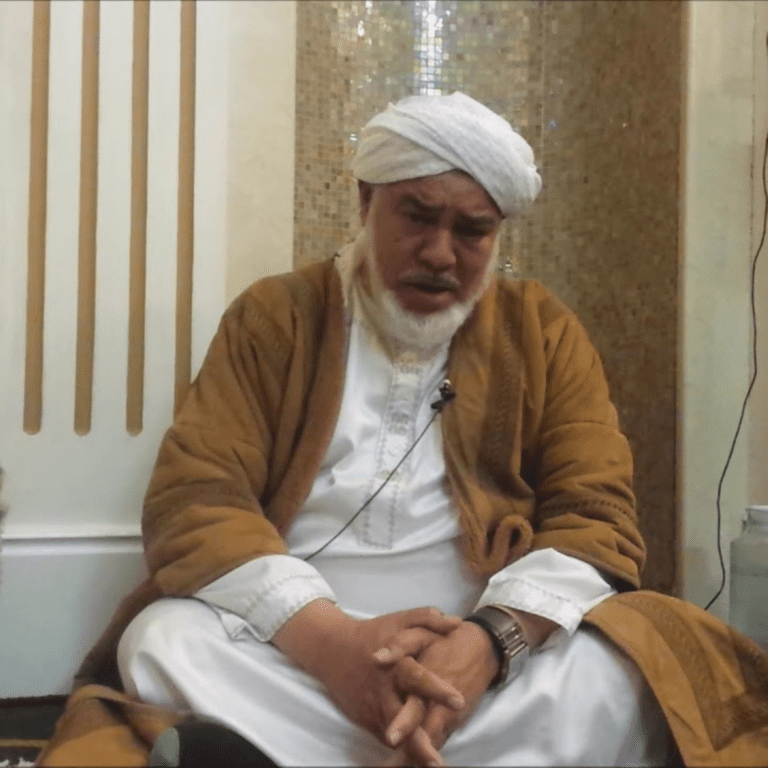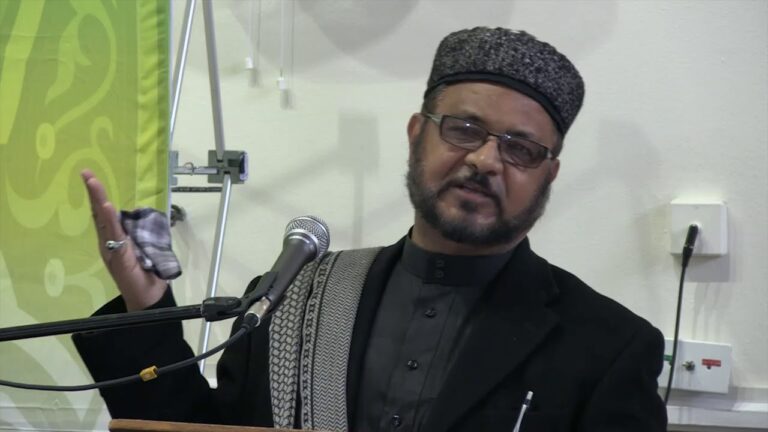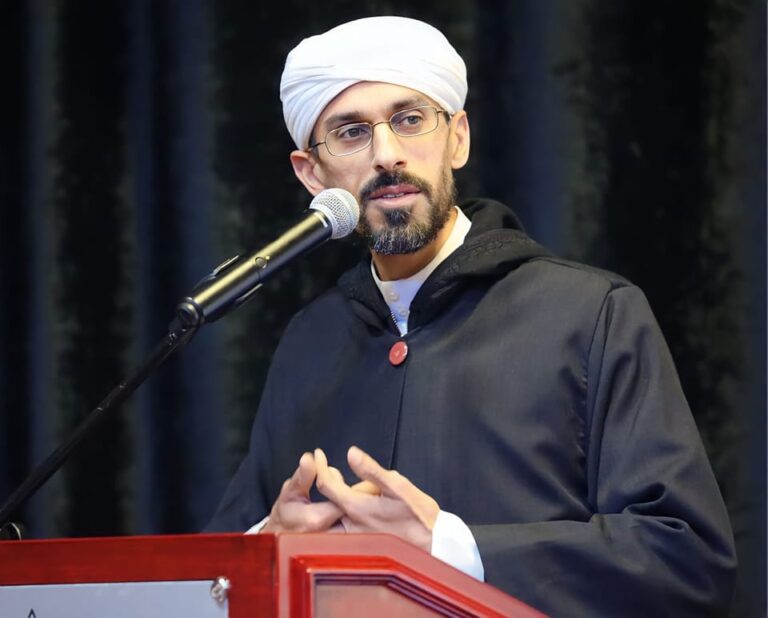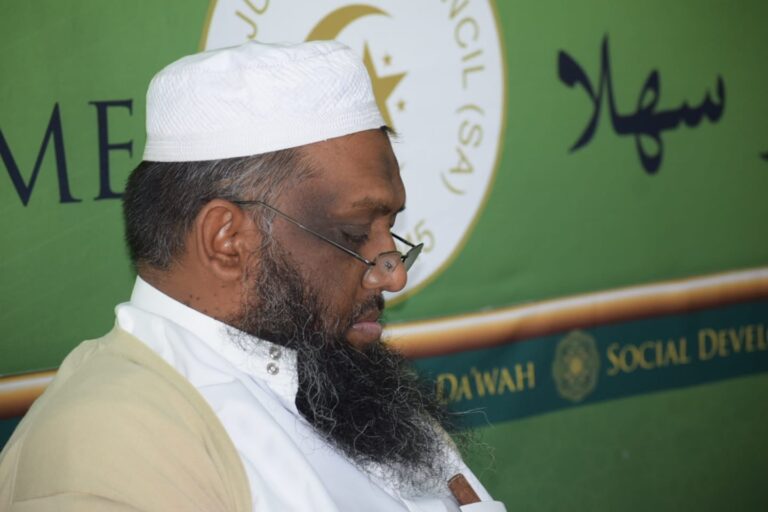In Islamic tradition, an Islamic scholar, or ‘Alim (plural: ‘Ulama), plays a crucial role in preserving, interpreting, and teaching Islamic knowledge. The term ‘Alim is derived from the Arabic word ‘Ilm, which means knowledge. The ‘Ulama, therefore, are those who have acquired a significant depth of understanding in religious matters.
Lexical Meaning
In Arabic, ‘Alim translates to “one who knows” or “one who is learned.” It refers to someone who possesses deep knowledge, particularly in matters of religion or a specific field of study. It is generally used to denote someone who has devoted substantial time and effort in acquiring knowledge and understanding, often in a religious context.
Technical Meaning
In an Islamic context, an Islamic scholar refers to an individual who has extensive knowledge and understanding of Islamic law (Sharia), Islamic theology (Aqeedah), and Islamic literature. These scholars usually specialize in fields such as Fiqh (Islamic Jurisprudence), Tafsir (Quranic Exegesis), Hadith (Prophetic Traditions), Sufism (Islamic Mysticism), and more.
They are also expected to be fluent in Arabic, the language of the Quran, to comprehend and interpret Islamic texts authentically. Islamic scholars are typically graduates of recognized Islamic universities or institutions, and many will hold advanced degrees (Masters, Ph.D.).
The term “Islamic scholar” isn’t limited to academics alone. It also includes religious leaders, teachers, clerics, jurists, and any individuals whose profound understanding of Islam allows them to guide the Muslim community (Ummah) on religious matters.
These scholars have the responsibility of interpreting the teachings of Islam and providing guidance to Muslims on a wide array of issues, often relying on the Quran and Hadith as primary sources. They are respected figures within the Muslim community due to their vast knowledge and understanding of Islamic teachings.
However, it’s important to note that as Islam is not a monolithic religion and interpretation of religious texts can vary, different scholars may hold varying perspectives on certain religious matters. This diversity contributes to a rich tradition of intellectual discourse and debate within the Islamic scholarly community.





